Although executive function may seem like a skill more suited to CEOs in a boardroom rather than to children in a classroom, executive function can make a difference in students of all ages. Students with dyslexia, however, may have more trouble developing these skills and may struggle with certain subjects in school as a result. Regardless of the development of executive function skills, dyslexic students can still get overwhelmed by the time it takes to complete their work. Thankfully, there are numerous activities that are fun for the whole family and can help children improve executive function skills at every age. Learn more about how students develop executive function skills and how these attributes can make a difference for students with dyslexia.
What is Executive Function?
Executive function is an umbrella term used to describe a collection of cognitive skills that promote goal-directed learning. Encompassing abilities that help students work smarter not harder, like goal setting, cognitive flexibility, organizing and prioritizing, working memory, and self-monitoring, executive function skills can impact every facet of life for students of all ages. Children begin using executive function skills at a very young age, and certain activities can help these abilities flourish. For children with a learning difference like dyslexia, it can be an additional challenge to master these skills. Underdeveloped executive function skills can become problematic as students advance in school, especially when children need to play a more active role in their education in middle and high school by synthesizing information, increasing note-taking, and handling an increased workload.
Developing Executive Function Skills at Home
Everyday activities can help children develop effective executive function skills, and these activities can be fun for the whole family. For preschoolers and kindergarteners, activities like imaginary play can help children create their own sets of rules and work cooperatively with others to achieve a goal. Storytelling can also help young children practice working memory, attention span, and self-control as they create and share an organized plot. For elementary school students, board games and card games that require memorization, fast responses, matching, or strategy can help children expand executive function skills like decision making, goal setting, and memory. Additionally, physical activities like four square and “Simon Says” help students improve executive function skills like response time, attention control, and cognitive flexibility. Helpful strategies to learn these skills need to be taught and developed at a young age, until students can develop their own plans for organization.
Executive Function and Dyslexia
While some of these executive function abilities seem like they would come about instinctively, some students with learning differences, like dyslexia, may need some additional time and intention to master these skills. In addition to the reading challenges that dyslexia presents, underdeveloped executive function skills can further impact a student’s ability to improve reading comprehension and writing skills. Some students describe feeling stuck or that their thoughts are getting clogged in a funnel if they cannot organize and prioritize their thinking in a clear way. If not addressed, a lack of executive function skills may cause students to struggle in school when they are expected to take notes, learn new subjects, and set and complete goals on their own. For more resources on executive functioning, explore books, activities, or executive function coaching.
There is no limit to what dyslexic individuals can achieve, and executive function skills help students of all ages and abilities reach their goals. Parents, teachers, and students can all work together in and out of the classroom to develop these valuable cognitive skills.
ReadSource recognizes how challenging this time of distance learning can be for parents, educators, and students. But learning does not have to stop just because students are out of the classroom for the moment. ReadSource offers outstanding training and education opportunities that give educators and parents the ability to empower dyslexic learners in any environment. Learn more about the training and tutoring opportunities at ReadSource and contact us today!
This blog was written with contributions from Ellen Hill.








Leave a Reply